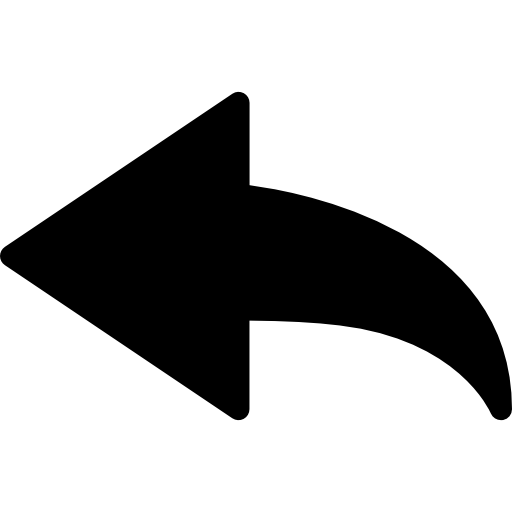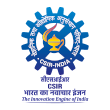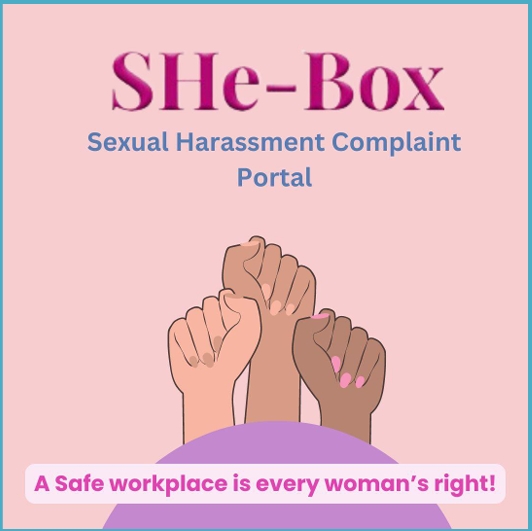FAQ
The most accepted and commonly used method of diagnostic for SARS-CoV-2 Variant is RT-PCR method. This method detects specific genes in the virus, such as Spike (S), Enveloped (E) and Nucleocapsid (N) etc to confirm the presence of virus. However, in case of Omicron, as the S gene is heavily mutated, some of the primers may lead to results indicating absence of the S gene (called as S gene drop out). This particular S gene drop out along with the detection of other viral genes could be used a diagnostic feature of Omicron. However, for final confirmation of the omicron variant genomic sequencing is required.
WHO declares a variant as a VoC after assessment when there is increase in transmissibility or detrimental change in COVID-19 epidemiology; OR increase in virulence or change in clinical disease presentation; OR decrease in effectiveness of public health and social measures or available diagnostics, vaccines, therapeutics. (Source: WHO)
It is important to highlight that Omicron has been declared VoC based on the observed mutations, their predicted features of increased transmission and immune evasion, and preliminary evidence of detrimental change in COVID-19 epidemiology, such as increased reinfections. The definitive evidence for increased remission and immune evasion is awaited.
The precautions and steps to be taken remain same as before. It is essential to mask yourself properly, take both doses of vaccines (if not yet vaccinated), maintain social distancing and maintain good ventilation to the maximum possible.
Omicron cases are increasingly being reported from countries outside of South Africa and given its characteristics, it is likely to spread to more countries including India. However, the scale and magnitude of rise in cases and most importantly the severity of disease that will be caused is still not clear. Further, given the fast pace of vaccination in India and high exposure to delta variant as evidenced by high seropositivity, the severity of the disease is anticipated to be low. However, scientific evidence is still evolving.
While, there is no evidence to suggest that existing vaccines do not work on Omicron, some of the mutations reported on Spike gene may decrease the efficacy of existing vaccines. However, vaccine protection is also by antibodies as well as by cellular immunity, which is expected to be relatively better preserved. Hence vaccines are expected to still offer protection against severe disease and, vaccination with the available vaccines is crucial. If eligible, but not vaccinated, one should get vaccinated.
Indian government is monitoring the situation closely and is issuing suitable guidelines from time to time. Meanwhile, the scientific and medical community is geared up for developing and deploying diagnostics, carrying out genomic surveillance, generating evidence about viral and epidemiologic characteristics, and development of therapeutics.
www.twitter.com/CSIR_Ind
www.facebook.com/INDIA.CSIR
https://www.linkedin.com/company/csir-india
https://www.instagram.com/CSIRINDIA
Variants are normal part of evolution and as long as the virus is able to infect, replicate and transmit, they will continue to evolve. Further, not all variants are dangerous and most often than not, we don’t notice them. Only when they are more infectious, or can reinfect people they gain prominence. The most important step to avoid generation of variants is to reduce the number of infections.
Yes.
https://www.csir.res.in/csir-blog
Where can I find information related to CSIR technologies?
https://techindiacsir.anusandhan.net/
What has been CSIR's contributions to COVID-19?
Details of CSIR's COVID-19 contributions are avaiable at:
https://covid19csir.urdip.res.in/
The Traditional Knowledge Digital Library (TKDL) is a pioneering initiative of India, under the joint collaboration of the Council of Scientific and Industrial Research (CSIR) and Ministry of Ayurveda, Yoga & Naturopathy, Unani, Siddha, Sowa Rigpa and Homoeopathy (AYUSH), to prevent exploitation and to protect Indian traditional knowledge at Patent Offices worldwide. The TKDL was set up with due approvals of the Cabinet Committee on Economic Affairs in 2001.
The TKDL includes India’s rich traditional knowledge related to the systems of medicine from classical/ traditional books related to Ayurveda, Unani, Siddha and Sowa Rigpa as well as practices of Yoga. The information from the ancient texts of medicine and health existing in local languages such as Sanskrit, Hindi, Arabic, Persian, Urdu, Tamil, Bhoti, etc. have been digitized in five international languages, namely, English, French, German, Spanish and Japanese in the TKDL database as prior art. The database currently contains more than 4.2 lakh formulations/ practices transcribed from texts of Ayurveda, Unani, Siddha, Sowa Rigpa and Yoga.
As per the extant approvals of the Cabinet Committee on Economic Affairs in place, the access of the database is given to patent offices world-wide that have signed non-disclosure access agreements with the CSIR. Thirteen patent offices including the Indian Patent Office (Controller General of Patents, Designs & Trade Marks), European Patent Office, US Patent Office, Japanese Patent Office, German Patent Office, Canadian Patent Office, Chile Patent Office, Australian Patent Office, UK Patent Office, Malaysian Patent Office, Russian Patent Office, Peru Patent Office, and Spanish Patent & Trademark Office have been granted access to the TKDL database.
The CSIR-TKDL Unit also files third party observations and pre-grant oppositions on patent applications related to India’s traditional knowledge based on the TKDL evidences. So far, 241 patent applications have been either withdrawn/deemed withdrawn or amended or set aside on the basis of TKDL evidence thus protecting Indian traditional knowledge.
More details of TKDL can be accessed at: http://www.tkdl.res.in

 Pensioners Corner
Pensioners Corner Screen Reader Access
Screen Reader Access Skip to main content
Skip to main content

























